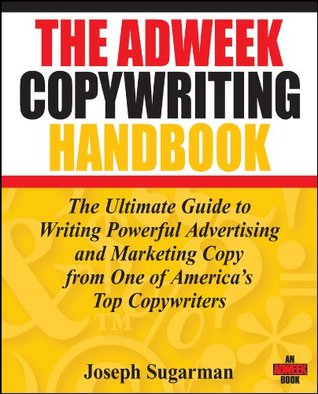More on this book
Community
Kindle Notes & Highlights
Read between
February 26 - March 28, 2019
The key is simply this: Copy is never too long if the reader takes the action you request. Therefore, it can’t be dull, it must be compelling, it must relate to the reader and, finally, it’s got to be about something the reader is interested in.
The copy has to be long enough to tell the entire story or make the entire sales pitch—no longer and no shorter.
So it is essential that you write your copy as if you are writing to that single individual. Your copy should be very personal. From me to you. Period.
Rearrange thoughts so they flow better.
Keep your first sentence short, easy to read and compelling enough to cause the reader to read the next sentence.
Vary your sentences; vary their length to give your copy a rhythm.
Avoid Saying Too Much:
Always ask for the order near the end of your ad.
By realizing the nature of every product and playing to its strengths, you will end up with a very powerful and emotionally dramatic presentation.
It is from the perspective of emotion that you will reach the core essence of your prospect’s motivation.
One of the important points to remember is to always make that first sale simple.
a natural instinct in the human race to collect,
You must keep your advertising copy simple.
Stories hold people’s interest.
Stories create human interest.
Telling a story is a powerful tool to create a bond between you and your prospects.
Working hard for a successful conclusion results in a great deal of personal satisfaction.
“Most people are too busy earning a living to make any money.”
Using the first person is important.


